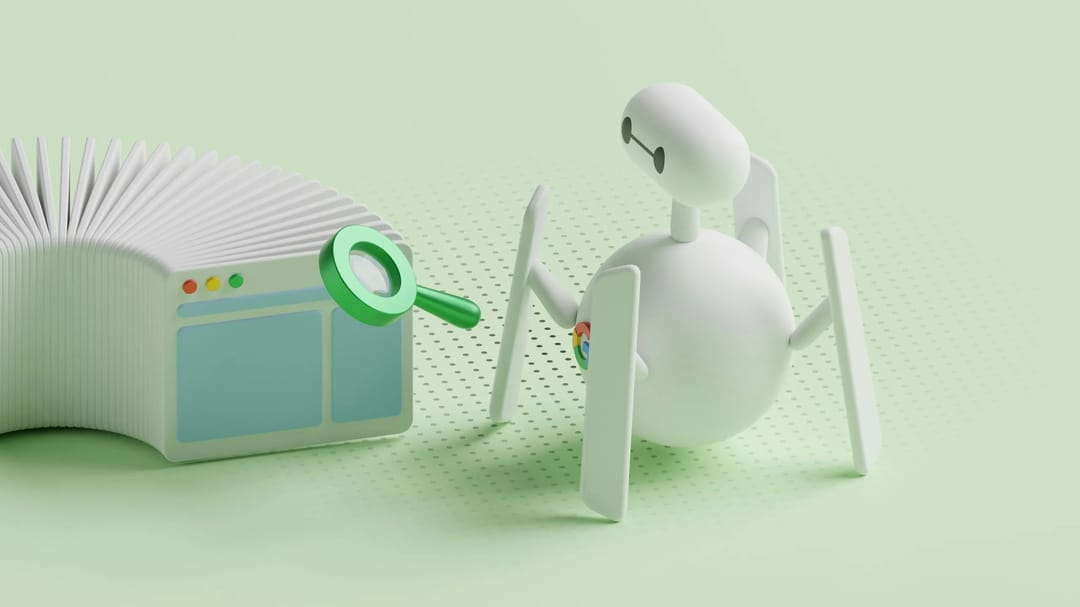Introduction
Pay-Per-Click (PPC) advertising is one of the most effective digital marketing strategies to drive immediate traffic, generate leads, and boost sales. Unlike Search Engine Optimization (SEO), which focuses on organic rankings, PPC allows businesses to appear at the top of search results through paid ads.
Whether you're a small business or a large enterprise, PPC services can help you achieve measurable results quickly. In this guide, we’ll explore what PPC is, how it works, the benefits, and how to choose the right PPC management services.
What is PPC Advertising?
PPC (Pay-Per-Click) is an online advertising model where advertisers pay a fee each time their ad is clicked. The most popular PPC platform is Google Ads, but other platforms like Bing Ads, Facebook Ads, and LinkedIn Ads also offer PPC options.
PPC campaigns can take many forms, including:
Search Ads: Text-based ads appearing on search engine results pages (SERPs).
Display Ads: Image-based ads shown on websites within a network.
Shopping Ads: Product-based ads that appear in search results.
Video Ads: Advertisements displayed on platforms like YouTube.
Social Media Ads: Ads on platforms like Facebook, Instagram, LinkedIn, and Twitter.
How PPC Works
PPC advertising operates on an auction-based system where advertisers bid on keywords relevant to their target audience. The key components of a PPC campaign include:
1. Keyword Research and Targeting
Identifying high-intent keywords ensures that your ads reach the right audience. PPC campaigns use keyword match types such as:
Broad Match: Shows ads for related searches, increasing reach.
Phrase Match: Displays ads for searches containing the keyword phrase.
Exact Match: Shows ads only when the exact keyword is searched.
2. Ad Copy and Landing Pages
Compelling ad copy encourages clicks, while optimized landing pages improve conversions. Best practices include:
Clear and concise messaging
Strong calls-to-action (CTAs)
Relevance between the ad and landing page
Mobile-friendly design
3. Bidding and Budgeting
PPC platforms allow advertisers to set budgets and bids based on:
Manual Bidding: Manually adjusting bids for control over spending.
Automated Bidding: AI-driven adjustments to maximize conversions.
Cost-Per-Click (CPC): The amount paid per ad click.
Cost-Per-Mille (CPM): The cost per 1,000 impressions.
4. Ad Quality Score
Google assigns a Quality Score to PPC ads based on:
Click-through rate (CTR)
Ad relevance
Landing page experience
Higher Quality Scores lead to lower CPC and better ad placements.
5. Conversion Tracking and Optimization
Tracking PPC performance is crucial for improving campaign results. Key metrics include:
Click-through rate (CTR)
Conversion rate
Cost per conversion
Return on ad spend (ROAS)
Benefits of PPC Advertising
PPC services provide businesses with numerous advantages, including:
1. Immediate Results
Unlike SEO, which takes time to show results, PPC delivers instant traffic and leads.
2. Highly Targeted Advertising
PPC allows businesses to target audiences based on demographics, location, device, and interests.
3. Budget Control
Advertisers can set daily or campaign budgets to control ad spend effectively.
4. Measurable Performance
PPC platforms offer detailed analytics to track ROI, making it easy to optimize campaigns.
5. Brand Awareness
Even if users don’t click, appearing at the top of search results increases brand visibility.
How to Choose the Right PPC Management Service
Hiring a PPC agency ensures your campaigns are optimized for maximum ROI. Here’s what to look for when selecting a PPC service provider:
1. Experience and Expertise
Choose an agency with a track record of successful PPC campaigns in your industry.
2. Data-Driven Approach
A good PPC service provider continuously analyzes data and adjusts strategies to improve performance.
3. Transparent Reporting
Look for agencies that provide clear reports on ad performance, costs, and ROI.
4. A/B Testing and Optimization
Effective PPC management includes testing different ad variations, landing pages, and targeting strategies.
5. Ongoing Campaign Management
PPC is not a one-time effort; it requires constant monitoring and refinement.
Future Trends in PPC Advertising
The digital advertising landscape is evolving, and PPC strategies must adapt to stay ahead. Key trends shaping the future of PPC include:
1. Automation and AI
Machine learning and AI-driven bidding strategies are making PPC campaigns more efficient.
2. Voice Search Optimization
As voice search grows, optimizing PPC campaigns for natural language queries will be essential.
3. Video and Visual Search Ads
Platforms like YouTube and Pinterest are seeing increased engagement with video and image-based ads.
4. First-Party Data and Privacy
With privacy changes limiting third-party tracking, businesses will rely more on first-party data for targeting.
5. Interactive and Shoppable Ads
E-commerce brands are using interactive ads to drive higher engagement and conversions.
Conclusion
PPC advertising is a powerful tool for businesses looking to drive targeted traffic, increase conversions, and maximize ROI. With the right strategy, budget, and optimization techniques, PPC can deliver outstanding results.
Whether you’re managing campaigns in-house or hiring a PPC agency, understanding the fundamentals of paid advertising is essential. By leveraging data-driven strategies and keeping up with industry trends, you can ensure long-term success in the competitive digital landscape.

Waldi Krogmann is an IT Engineer with 20+ years experience in web, networks and systems support.
Related
SEO in 2025: The Future of Search Engine Optimization

Web World Central: Your Partner in Digital Success

The Ultimate Guide to SEO Services: Boost Your Website's Ranking and Traffic

Let’s make things happen
Contact us today to learn more about how our digital marketing services can help your business grow and succeed online.
Request a quote_fcGGCUbSTPg71nZApxh1E.svg?width=750&quality=80&format=auto)
